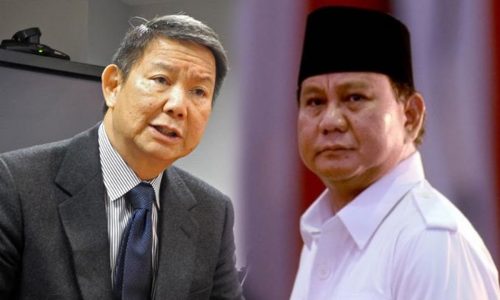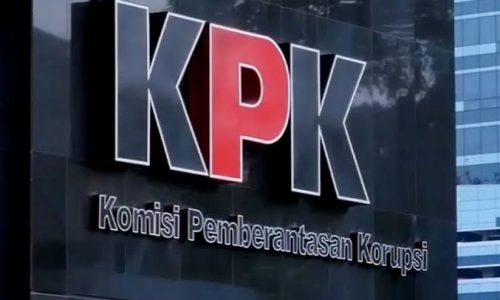The $30 billion legacy initiative in East Kalimantan faces uncertainty due to the revelation that several foreign investment commitments have not materialized, sparking speculation about overseas skepticism.
Critics argue that prioritizing domestic investors serves as a smokescreen for the lukewarm reception of Nusantara as the nation’s prospective capital.
Factors contributing to this cautious approach include confusion over the government’s infrastructure priorities, ongoing major projects in Java, electoral uncertainties, and elevated interest rates dissuading global investors.
President Jokowi recently disclosed the lack of actual foreign investments in Nusantara, despite over 300 signed Letter of Intents (LOIs) with predominantly Indonesian companies.
The Nusantara Capital Authority clarified that only 21 companies, all Indonesian, have progressed with investments totaling IDR 35 trillion (US$ 2.2 billion).
The government emphasizes a focus on domestic investors to instill confidence among foreign counterparts, anticipating increased foreign participation after domestic investors’ involvement.
Indonesia estimates the Nusantara development cost at IDR 466 trillion (US$ 29 billion), with one-fifth funded by the state budget and the remainder through domestic and foreign investments.
Bhima Yudhistira from the Centre of Economic and Law Studies notes foreign investors’ reservations due to unclear population projections for Nusantara.
Agung Wicaksono, Deputy for Funding and Investment at the Nusantara Capital Authority, clarified President Widodo’s statement, emphasizing that foreign investments occurred through partnerships with Indonesian companies, not as stand-alone endeavors. Foreign investors often collaborate with domestic firms, which are faster at risk assessment, accustomed to Indonesia’s investment climate, and expedite the authority’s review process.
While nine companies, including China’s Citic Construction, collaborate with the government under the PPP scheme for housing projects, skepticism persists.
Observers cite Jakarta’s ongoing infrastructure focus on Java, raising doubts about Nusantara’s economic centrality. Additionally, concerns about election-related political drama and high interest rates contribute to a wait-and-see approach among investors.
Economists Bhima and Eko believe the emphasis on domestic investors is an attempt to downplay foreign disinterest in Jokowi’s legacy project. Jakarta offers incentives like long-term leases and tax benefits, but skeptics suggest these may raise questions about Indonesia’s intentions.









